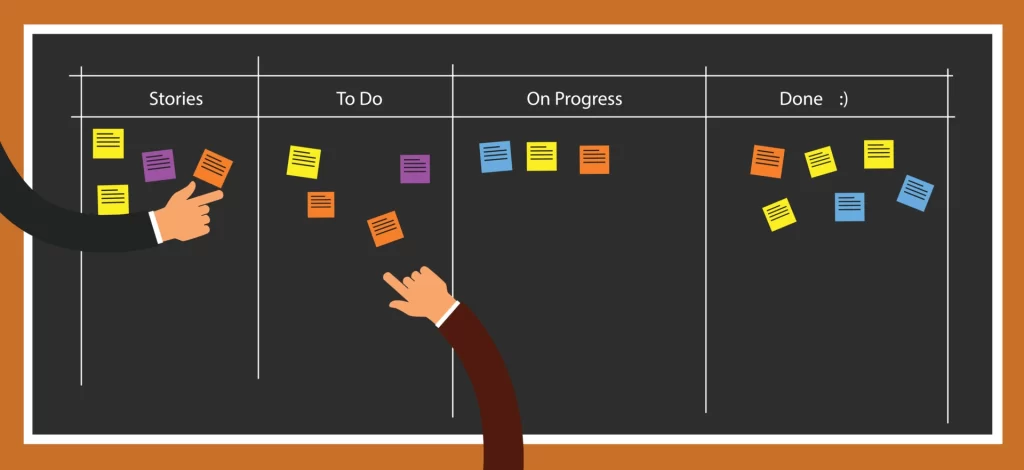
Project management is both an art and a science, involving the meticulous planning, organization, and execution of projects to attain specific goals and objectives. In today’s rapidly evolving business landscape, effective project management is critical for success. In this article, we provide a comprehensive introduction to project management, delving into its key concepts and principles, and serving as an invaluable guide for navigating the intricate realm of projects.
Understanding Projects and Project Management:
Projects represent unique endeavors with defined scopes, timelines, and budgets. They possess a temporary nature, aimed at creating a unique product, service, or result. It is the discipline of project management that ensures these endeavors are executed efficiently and effectively.
Key Concepts in Project Management:
- Project Scope: The scope defines the boundaries of the project, outlining what will be achieved and what will not. A clear and well-defined scope is vital for project success.
- Project Schedule: The schedule outlines the timeline for project activities. It helps in tracking progress, managing resources, and meeting deadlines.
- Project Budget: The budget allocates financial resources to the project. Effective cost management ensures that the project stays within budget.
- Project Team: The team consists of individuals responsible for project tasks. Effective team management and collaboration are crucial.
- Project Stakeholders: Stakeholders are individuals or groups with an interest in the project’s outcome. Managing stakeholder expectations and engagement is essential.
Key Principles of Project Management:
- Clear Objectives: Every project should have well-defined objectives that are specific, measurable, achievable, relevant, and time-bound (SMART).
- Project Life Cycle: Projects follow a life cycle, including initiation, planning, execution, monitoring and controlling, and closure phases. Each phase has specific tasks and objectives.
- Triple Constraint: The triple constraint in project management refers to balancing scope, schedule, and budget. Changes in one area often impact the others.
- Risk Management: Effective risk management involves identifying, assessing, and mitigating risks that could impact the project’s success.
- Quality Management: Establish and adhere to quality standards and processes throughout the project to ensure achieving the desired level of quality.
Project Management Methodologies:
Various methodologies guide project management, including:
- Waterfall: A linear approach where each phase must be completed before the next one begins.
- Agile: An iterative approach that allows for flexibility and adaptability throughout the project.
- Scrum: A subset of Agile, Scrum emphasizes collaboration, regular feedback, and short development cycles.

Importance of Project Management:
Project management ensures on-time, within budget, and desired-quality project completion. Furthermore, it enhances communication, minimizes risks, and ultimately improves stakeholder satisfaction. In today’s fast-paced business landscape, effective project management becomes a significant competitive advantage.
Conclusion:
This introduction to project management offers a glimpse into the essential concepts and principles that underpin successful project execution. As you delve deeper into the world of project management, these fundamentals will serve as your guiding light, fostering confidence and proficiency to navigate the complexities of various projects.
Found this helpful? Share the wisdom!






